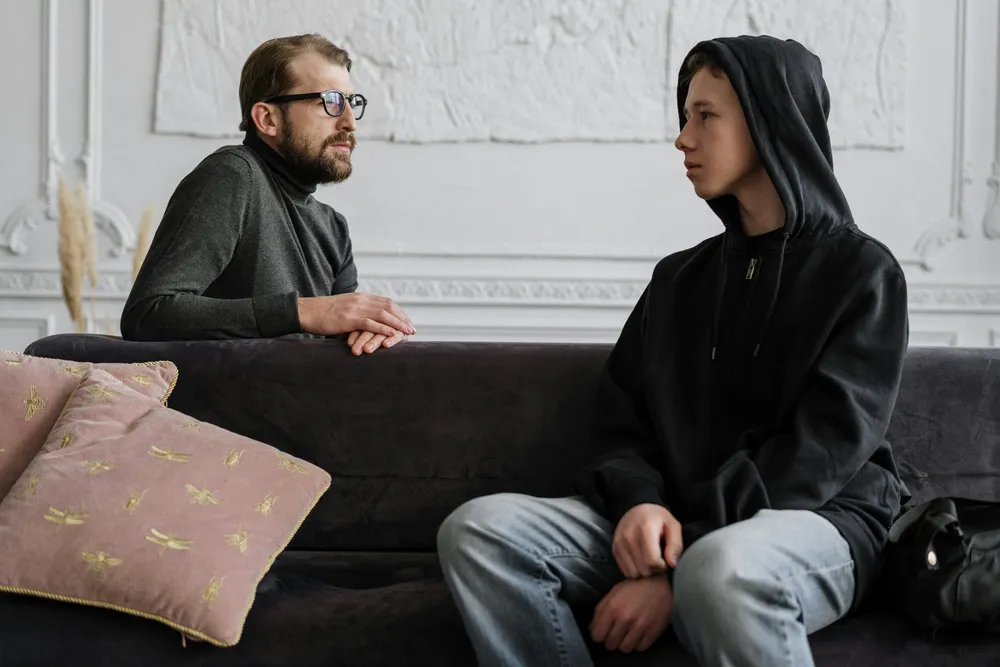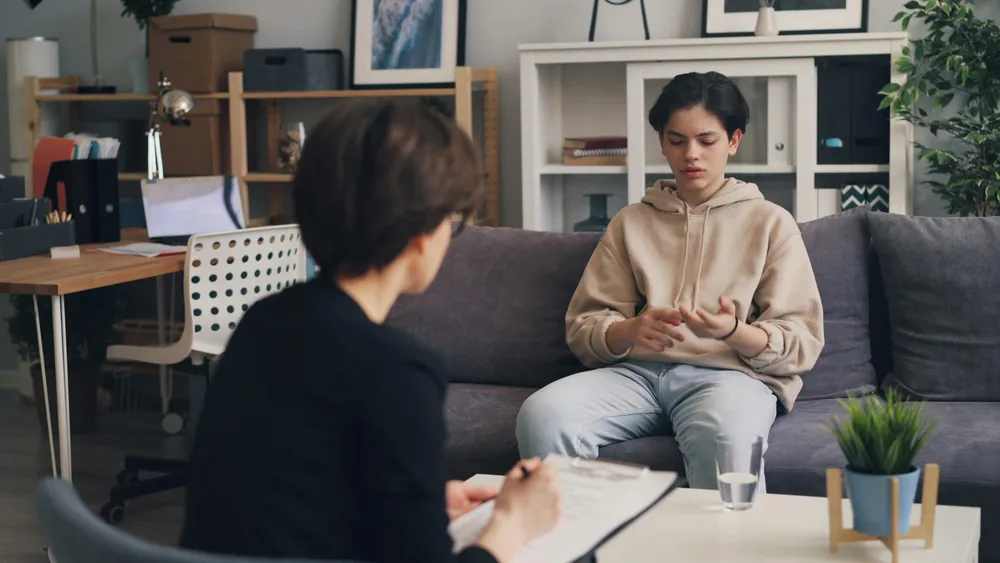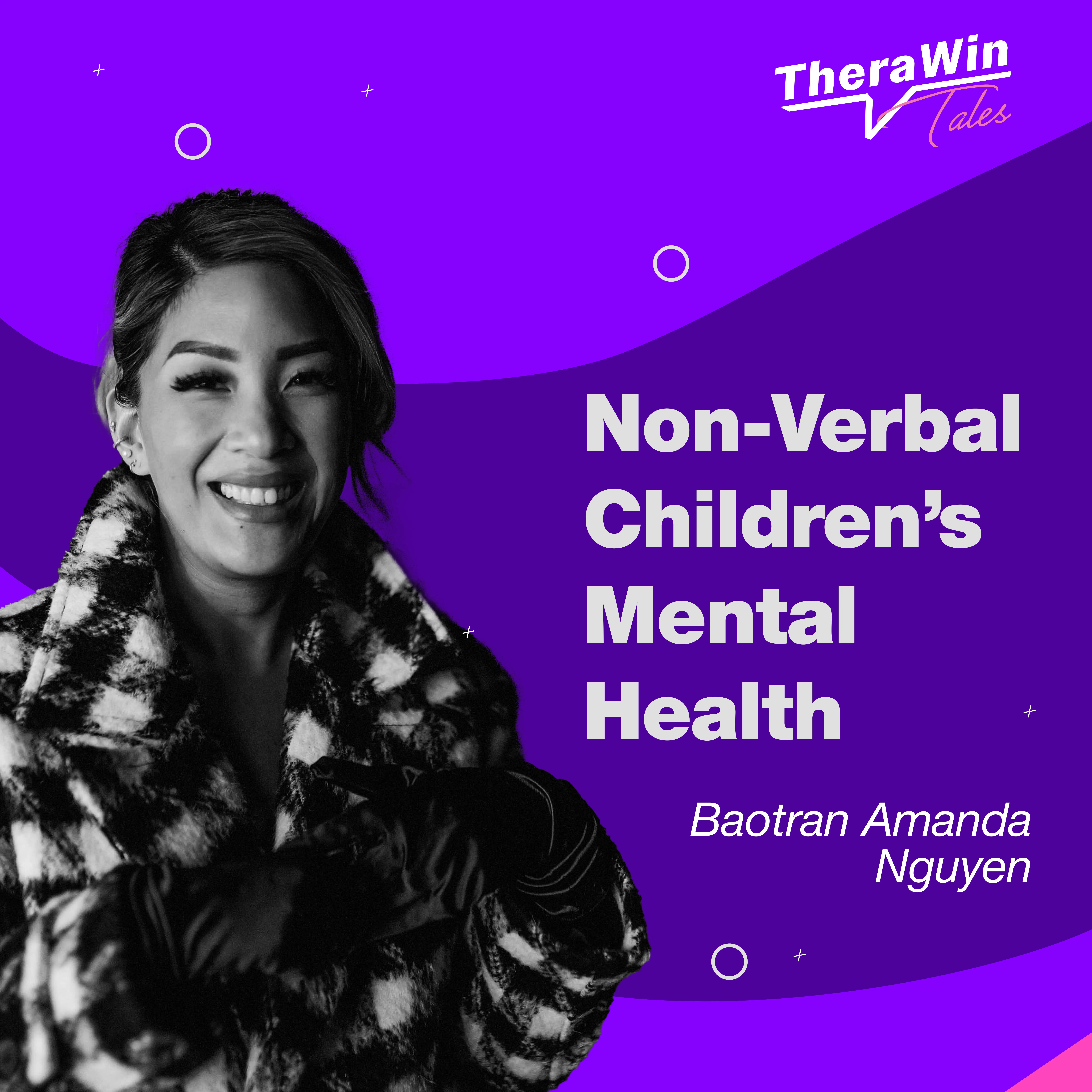Therapy is a powerful way to get support during one of the most important times in your life—your teenage years. Whether you're dealing with stress, anxiety, or just trying to figure things out, therapy gives you a safe space to talk through it all.
Here's how teen therapy can help you:
Understanding and managing your emotions - Therapy can help you get a better handle on your feelings, whether you're feeling stressed, sad, or confused. You'll learn strategies to cope with difficult emotions and improve your mood.
Building confidence and self-esteem - If you're struggling with self-image or feeling unsure of yourself, therapy can guide you in discovering your strengths, setting goals, and becoming more confident in who you are.
Improving relationships - Therapy can also help you navigate relationships with friends, family, or even yourself. It gives you tools to communicate better, set boundaries, and understand how to deal with conflicts in a healthy way.
The goal is for you to feel supported, heard, and empowered as you move through the ups and downs of teenage life. You deserve to feel good about yourself and your future, and therapy can help you get there.











